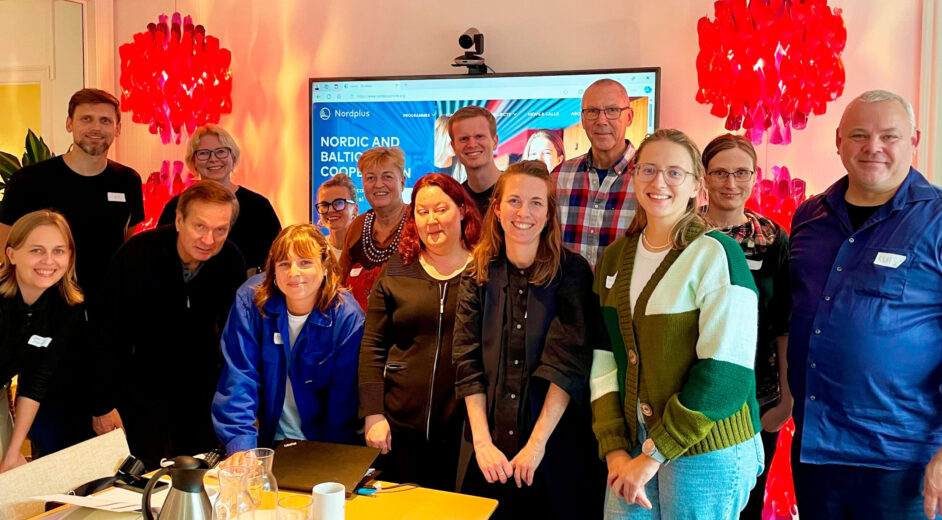First came a network – then a joint project
Personal experiences of trauma, illness and hardship can be transformed into a resource that benefits others, provided the right guidance and learning approaches are in place. That is why various institutions and NGOs have come together to establish a Nordic-Baltic network for peer support workers.
Af Joan Rask, journalist
What should you do at an educational institution that trains peer support workers – and that wants to improve?
At KBT Fagskole in Trondheim, Norway, they came up with a plan. They wanted to create a Nordic-Baltic network around training and running courses for peer support workers. One of those who was involved from the beginning is teacher Preben Hegland.
- It was a bit of a struggle, but we made it! At first, we wanted to bring partners together in a network, and then we hoped that the network could set up a project where we could jointly develop teaching materials, says Preben Hegland.
They first turned to their own network, but also combed through various websites from Iceland and the three Baltic states using Google Translate. As peer support worker training is not a formal kind of education anywhere other than in Norway and Finland, Preben Hegland and his colleagues looked at NGOs, community organisations, educational institutions and health service providers.
- We wanted to develop as an educational institution, and since we are currently the only ones in Norway offering vocational training in peer support work, we looked for opportunities internationally. We chose the Nordic and Baltic countries because it would be easiest to mirror each other’s challenges – and simply because we knew too little about what was happening in the countries around us, says Preben Hegland.
A trauma is also an expertice
At KBT Fagskole, students bring their personal experiences of, for example, illness, hardship or other forms of trauma. They learn how to turn those experiences into a resource to help others. When peer support workers do well, it benefits both the person sharing their story and the one receiving the support.
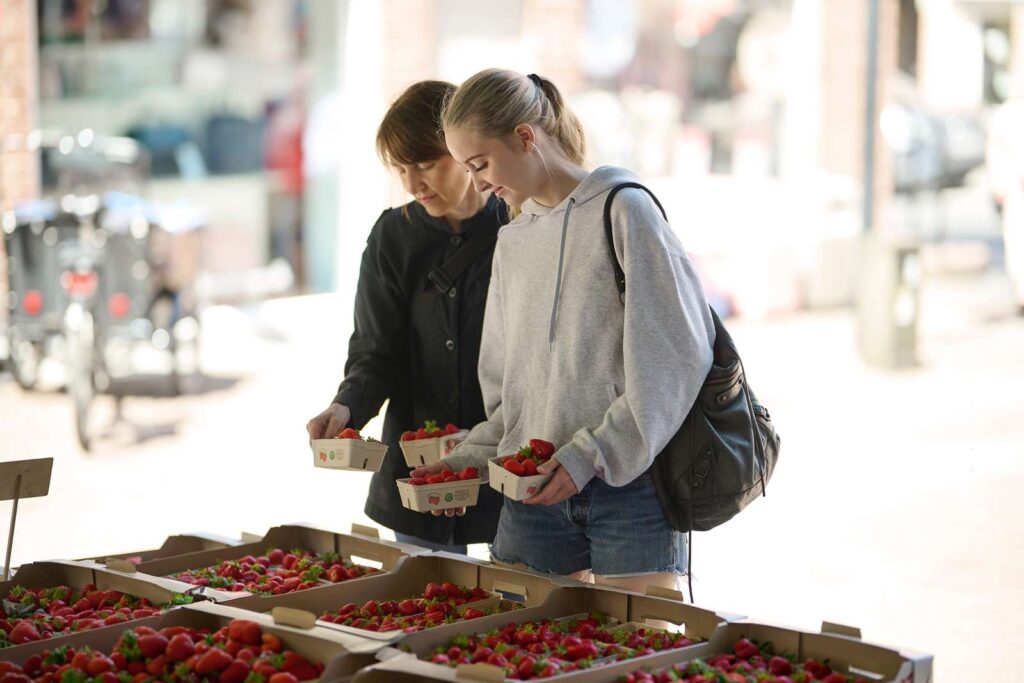
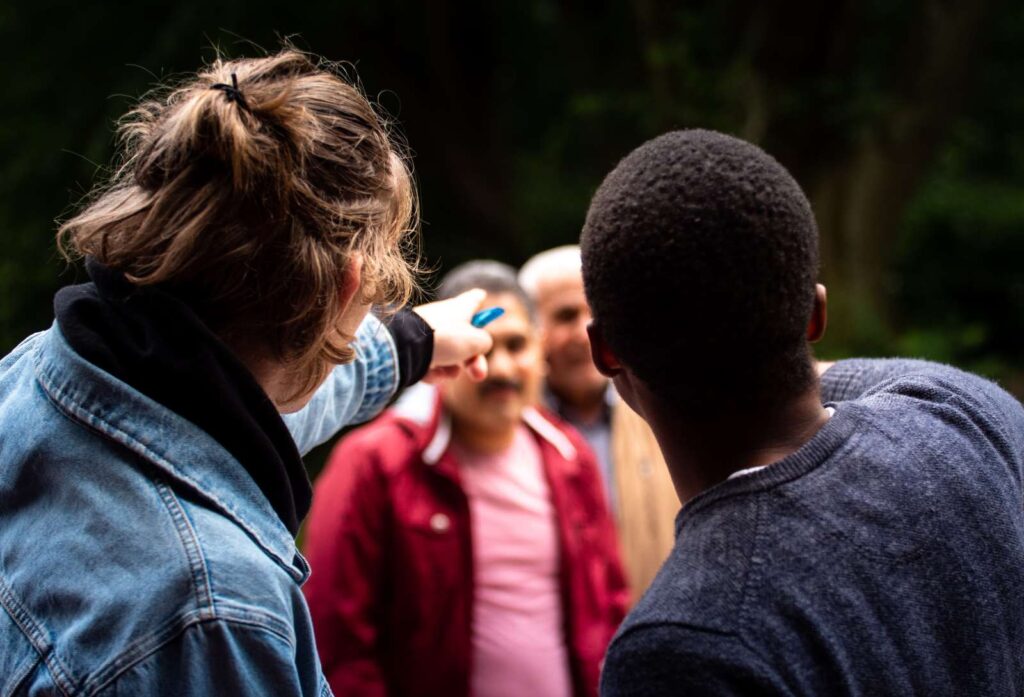
- The students come from very different backgrounds – some have lived on the streets, others have been in prison or gone through severe trauma, says Preben Hegland.
He expects that within a few years, the Norwegian programme will be awarded its own ECTS credits. When the school carried out a survey three years ago, the figures showed that around 60% of graduates had either found relevant jobs or gone on to further education.
- An education with us can mean everything to the individual! Some of these people never believed they would be able to study. This is mastery in practice. It means so much, and it is a great joy to witness, says Preben Hegland.
The network has succeeded!
But it is not only the students who succeeded – the network did too as; it was established and, through support for setting up a thematic network in Nordplus Adult, it became possible to meet in person.
- All the Nordic and Baltic countries are at very different stages, and all are in the process of developing this field. That’s why it makes sense to share experiences and knowledge. It’s so important to see other ways of doing things, says Preben Hegland.
One of the participants at the first network meeting was public health specialist Greta Klidziutė from Mental Health Perspectives in Lithuania, a well-established NGO working in mental health and human rights. For her, it was a luxury to meet simply for the sake of networking.
- In many projects we jump straight in the work without really knowing each other, and then we hit challenges along the way. But here we had the chance to get to know each other’s strengths and then work together afterwards. It’s been the perfect environment to collaborate in – and it still is, says Greta Klidziutė.
Common teaching materials
Once the network was established, the real work began. Another application for a Nordplus Adult development project was submitted in 2024 with a view to developing common learning materials, guidelines and video presentations – resources of great value to the Lithuanian partner.
- Peer Support Workers are almost unknown in Lithuania. We’re stuck in a biomedical mindset, so it’s hard to make the case that peer support can solve problems. But now the government and municipalities are finally showing interest, she says.
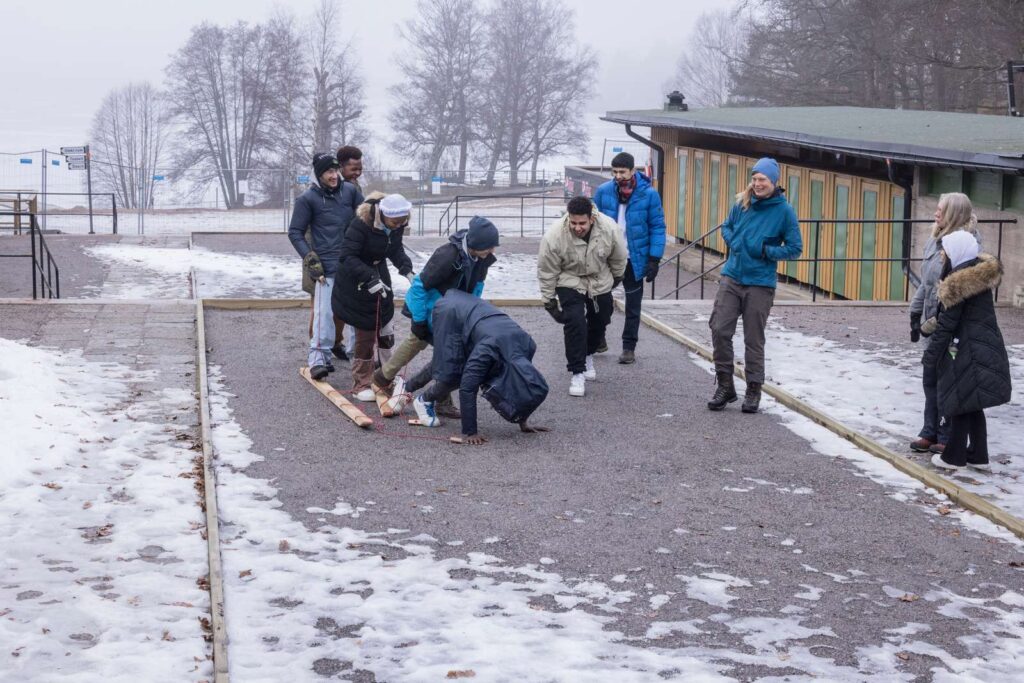
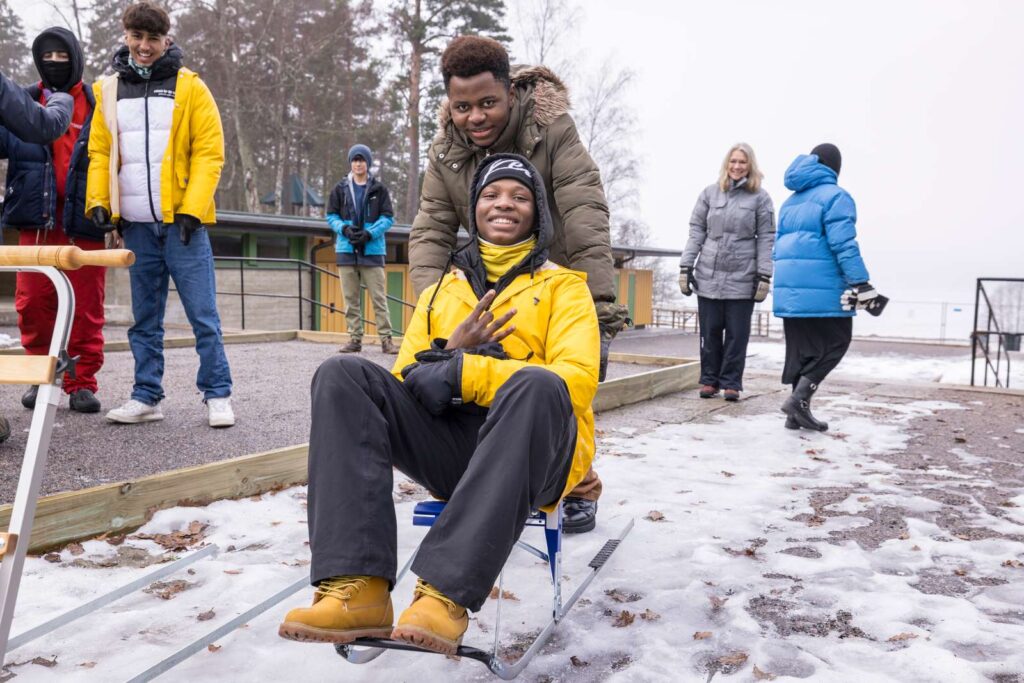
For Greta Klidziutė and her colleagues, being part of the network is also about deepening their understanding and developing solid rationales.
- We work closely with Iceland, because they’re also quite new to this field and only a little ahead of us. Right now, we have an anti-stigma project where we’re trying to encourage people to speak openly about their challenges. We’re in the process of building a kind of community, and we hope it can lead to a pilot project involving peer support workers, says Greta Klidziutė.
For her, the most important thing is the community.
- It really helps to see how other countries are working with peer support learning. Denmark, Sweden and Norway are way ahead of us – they’re already tackling challenges we haven’t even had to deal with yet. So for us, it’s super valuable to be part of those discussions and to pick up on their good practices. And for me personally, it’s hugely inspiring to work with them and see things moving forward,” says Greta Klidziutė.
The Danish partner in the project is The Peer Partnership Association, which has long experience with peer support workers. Project consultant Marie Vester Koch explains:
- In the actual work a lot of questions always arise: how do you make sure that those who are drawing on their lived experience are able to do so in a way that benefits both themselves and others?
In Denmark, the training courses offered range from a few days to several weeks, and the requirements for employment can vary a lot.
- The training landscape for peer support workers is very fragmented. Locally it is managed by municipalities and regions, and it can be extremely difficult to navigate for those who want to train and work in the field, says Marie Vester Koch.
No formal structure
Although peer support workers are widely and actively used in psychiatry, when it comes to municipalities and the wider health sector, there is neither formal education nor any national structure within the field.
- Everyone has different approaches and different ways of understanding mental health, so for us it’s been incredibly valuable to see how other countries work. We’re very inspired by the Norwegians, who have created a solid foundation through their formal education, says Marie Vester Koch.
She also points to political reality: regardless of a country’s situation, it requires resources and political will to bring about real change.
- Because it’s relatively new for decision-makers, it makes a big difference when we can say that in Norway they do it this way, and in Lithuania they do it that way. In the network we’re creating a kind of best practice in the field, she says.
Preben Hegland also highlights the same positive effect:
- When the Swedish partners visited us in August, we helped them explain why a formal education is such a good idea, he says.
In autumn 2025, the network will gather in Gothenburg for a workshop on common teaching materials. The Danish partners will take the opportunity to add an extra day of study visits, inviting representatives from several Danish municipalities and regions.
- They’re doing really well in Sweden! We see their peer support workers stay in their positions much longer than in Denmark. So we’re curious – how do they onboard people? How do they supervise? And what further training do they offer to make their peer support workers want to stay? asks Marie Vester Koch.
For the Norwegian initiators of this venture, the network has long since proved its worth – something that pleases Preben Hegland. He also has good advice for others considering setting up a network:
- People often underestimate how important physical meetings are. You should take the chance and join in, even if it’s not clear what the outcome will be. Whenever we come together, we always get more out of it than we expected, says Preben Hegland.
Facts
Peer support worker training at KBT Fagskole
- The number of students has grown from around 30 in 2020 to nearly 200 in 2025.
- The programme lasts 1 year full-time or 2 years part-time (both theory and practice).
- Teaching takes place both digitally and at physical hubs in Hamar, Kristiansand, Stavanger, Sarpsborg, Tromsø and Ålesund.
- Student age range: 25–60 years.
- Student backgrounds: people with lived experience of, for example, imprisonment, mental health challenges, physical illness and trauma, and it also attracts professionals such as social workers, social educators and nurses.
Read the article in Nordic (Danish)
Coordination Institution
- KBT Fagskole, Norge
Partner Institutions
- Nationell Samverkan för Psykisk Hälsa, Sweden
- Kogemusnõustajad MTÜ, Estonia
- Hlutverkasetur, Iceland
- Mental Health Perspectives, Lithuania
- Zelda, Latvia
- The Peer Partnership Association, Denmark
- The Estonian Chamber of Peer Support Counselling, Estonia
